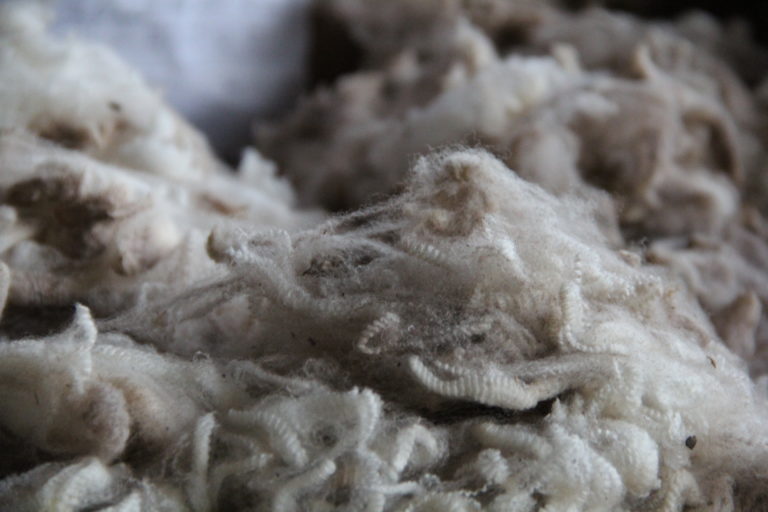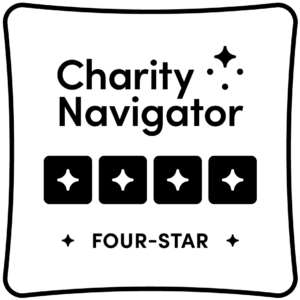The Savory Institute applauds your recent opinion video, “Meet the People getting Paid to Kill Our Planet,” for calling out the environmental dangers of industrial agriculture, as well as the unfortunate issue of “greenwashing” and the disproportionate power wielded by agribusiness lobbyists to prop up their highly subsidized and extractive business models. However, the video shows an all-too-familiar bias against animal agriculture, disproportionately showing clips of livestock and meat when cropland agriculture represents a far greater portion of industrial agriculture’s disastrous footprint.
According to opensecrets.org, an independent research group tracking money in U.S. politics, in 2021 lobbying dollars for dairy and livestock amounted to $10.4M while lobbying for crops was more than double at $25M. Similarly, the bulk of agricultural subsidies – the foundation of industrial agriculture’s stronghold and financial model – go towards the largest producers of corn, soybeans, wheat, cotton, and rice.
In the video, Ms. Jacquet says “we don’t control the conversation; they do,” and that, unfortunately, rings true even in this well-intentioned video. Just as global elites exert their power to create cultural wars that distract from social inequality, industrial agriculture has skillfully exerted its power to create a “plants versus animals” narrative that distracts from the real issue: the industrialization of agriculture must be replaced by agriculture rooted in living systems principles, one that regenerates landscapes and can be applied to both plant and animal agriculture.
In this vein, the video fails to call out the important work being done by global nonprofits to fix our broken industrial agricultural system, those of us working without the assistance of lobbyists or big marketing budgets but are nonetheless making a positive impact through regenerative agriculture. By honoring the symbiotic relationships of plants and animals, regenerative agriculture can sequester massive amounts of carbon while rebuilding fertile topsoils, rehydrating watersheds, and restoring biodiversity and wildlife habitat. Unfortunately, the forward-thinking land stewards who embrace holistic planned grazing (or permaculture, no-till, cover crops, silvopasture, or any number of other regenerative practices) are out-maneuvered and legislatively handicapped thanks to the lobbying efforts of industrial agribusiness. If the policy were to be designed using the framework outlined in Chapter 42 of the Holistic Management textbook, these would be non-issues, but the current reality is we are far from holistic policy-making.
As a nation, and as a Global Populus, we are facing ever-more-frequent droughts, wildfires, and biodiversity loss. Given that grasslands represent 12.5 billion acres – one-third of the Earth’s surface – now more than ever it is critical that we support those boots-on-the-ground working to regenerate our farms and rangeland. We must also be careful not to become pawns in industrial agriculture’s narrative wars. While feedlots are an abhorrent creation, we must not fall for the overly-simplistic “animals bad, plants good” talking point that allows industrial agriculture to substitute the factory farming of animals for the factory farming of plants. For far too long we have been unwitting accomplices in this sleight of hand, but we can do better.
It’s time to stop pitting ourselves against each other – plants versus animals, right versus left, us versus them – and instead focus on creating a better world. It’s possible, and we owe it to future generations.



